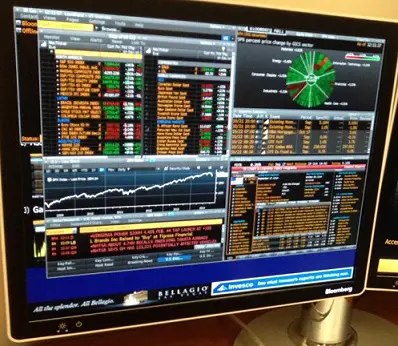On Friday, the Nikkei share average in Japan suffered the biggest weekly loss it has seen in eight months and saw its third losing session in a row, as concerns over China’s economic outlook continue to fester, and rising yields stoked fears.
Over the week, the Nikkei lost 3.1%, marking the largest weekly decline since the week which ended on December 23rd. The index was down 0.55% for the day, closing at 31,450.76 in its third losing session in a row.
The broader Topix was down 0.70% to 2,237.29, marking a 2.8% loss for the week.
Shuji Hosoi, senior strategist at Daiwa Securities said, “The Japanese market slipped for the same reasons as the past few sessions – concerns about China’s economy and rising global yields. Japanese equities are easily affected by overseas cues as there are no market moving catalysts at the moment.”
As concerns swelled that the US Federal Reserve would hold its interest rate at higher levels for a longer period than had been thought, the overnight benchmark 10-year Treasury yields reached their highest levels since October as the 30-year yields reached their highest levels in 12 years.
Takamasa Ikeda, senior portfolio manager at GCI Asset Management noted that the weakness in US stocks also was weighing on sentiment.
On Thursday, Wall Street ended down, as the Nasdaq registered a 3.5% drop over three days, its biggest three-day loss since February.
Ikeda said, “The Nikkei has already reached its peak as the buying momentum from foreign investors has been weakening since July.”
The biggest drag on the Nikkei among individual stocks had been Uniqlo brand owner Fast Retailing, which lost 1.15%.
Shares which were set to benefit from tourism from China, such as department store operators, were also down. The worst performer on the Nikkei was J.Front Retailing, which lost 4.31%.
Isetan Mitsukoshi Holdings dropped 3.77%.
Semiconductor sector stocks were the biggest supporters of the Nikkei, with Advantest and Tokyo Electron gaining 1.54%% and 0.68%, respectively.

